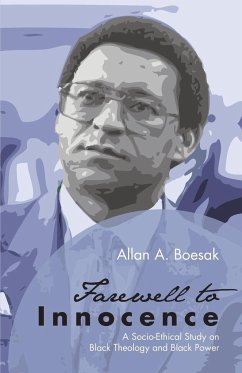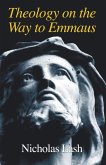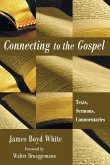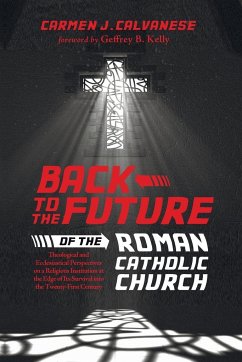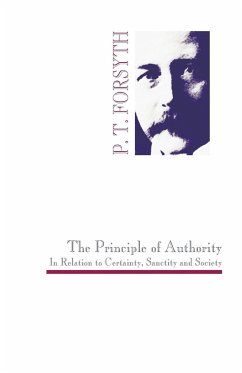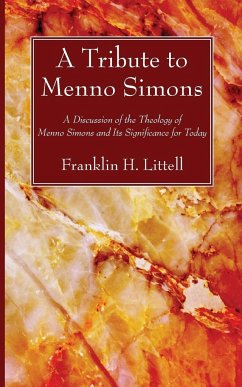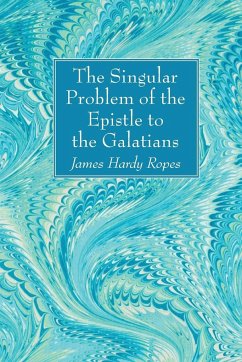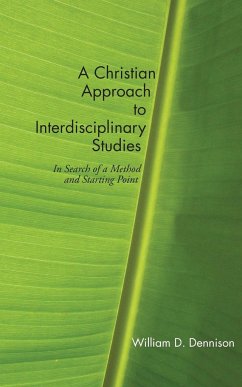While we acknowledge that all expressions of liberation theology are not identical, we must protest very strongly against the false divisions that some make: between black theology in South Africa and black theology in the United States, between black theology and African theology, and between black theology and Latin American liberation theology. But moving away from the illusioned universality of western theology to the contextuality of liberation theology is a risky business; one that cannot be done innocently. In the search for theological and human authenticity in its own situation, black theology does not stand alone. It is but one expression of this search going on within many different contexts. Until now, the Christian church had chosen to move through history with a bland kind of innocence, hiding the painful truths of oppression behind a facade of myths and real or imagined anxieties. This is no longer possible. The oppressed who believe in God, the Father of Jesus Christ, no longer want to believe in the myths created to subjugate them. It is no longer possible to innocently accept history ""as it happens,"" silently hoping that God would take the responsibility for human failure. The theology of liberation spells out this realization. For the Christian church it constitutes, in no uncertain terms, farewell to innocence. ""In this foundational and seminal work of South African black theology, Allan Boesak offers the timeless truth of God's concern for the poor and call to liberation of the oppressed."" -- Curtiss Paul DeYoung, executive director of the Community Renewal Society, Chicago ""Farewell to Innocence is the first Christian ethics text I read that addressed redemptive and restorative justice in depth with academic integrity."" -- J. Alfred Smith Sr., Professor Emeritus, American Baptist Seminary of the West Allan A. Boesak received his PhD in Theology from the Protestant Theological University (Netherlands) in 1976, the same year of the Soweto Uprisings which marks his entry into public life in South Africa. As President of the World Alliance of Reformed Churches he called for the formation of the United Democratic Front to advance the anti-apartheid movement in 1983. He has written 17 books and has received numerous awards, including the Martin Luther King Jr. Peace Award. He now holds the Desmond Tutu Chair for Peace, Global Justice and Reconciliation Studies at Christian Theological Seminary in Indianapolis.
Hinweis: Dieser Artikel kann nur an eine deutsche Lieferadresse ausgeliefert werden.
Hinweis: Dieser Artikel kann nur an eine deutsche Lieferadresse ausgeliefert werden.

